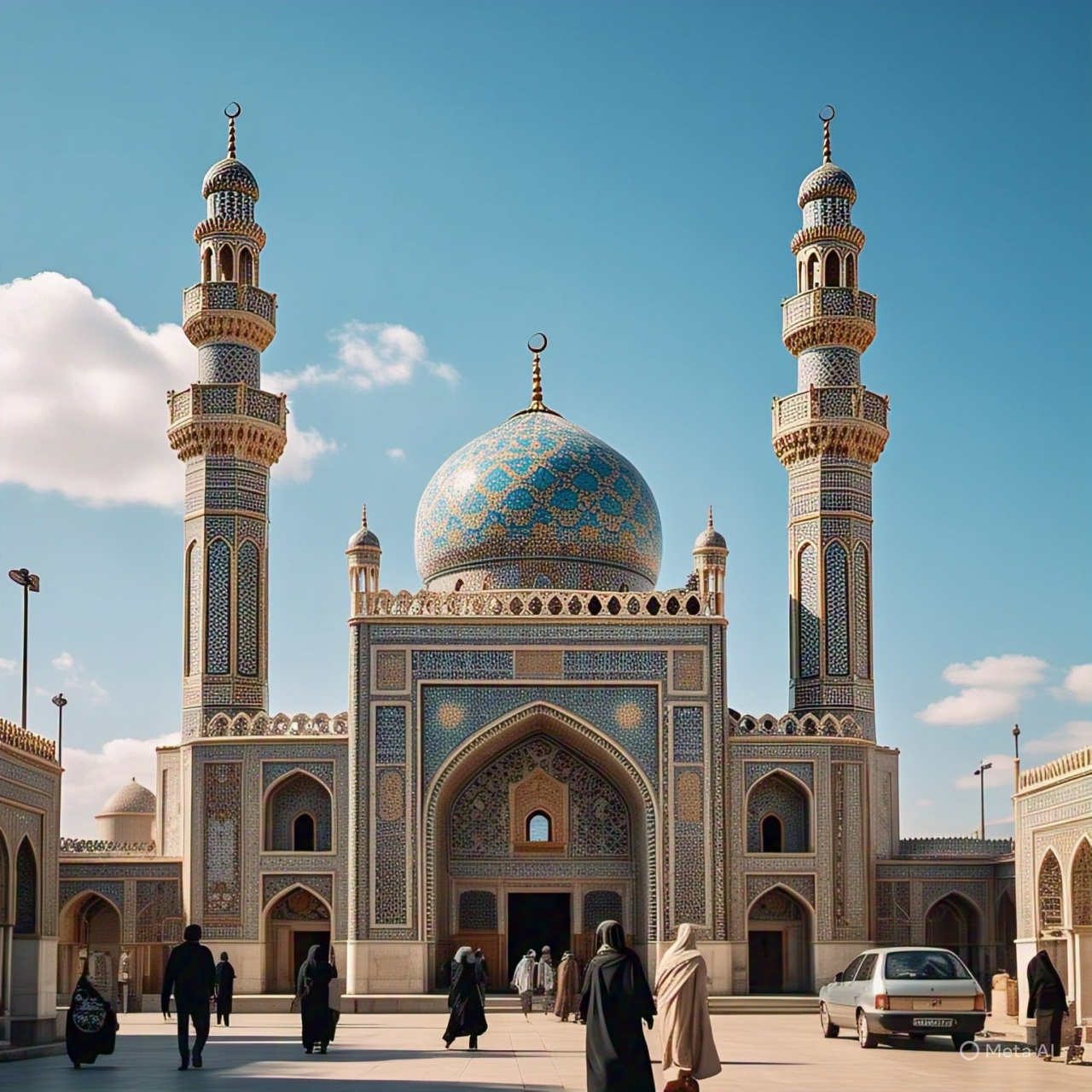From 9/11 to 4/22: Echoes of Strategy and Suspicion
By Khalid Mustafa, Advocate
The world witnessed two tragic acts of terrorism—one on September 11, 2001, in the United States, and another on April 22, 2025, in Pahalgam, India. While vastly different in their contexts and consequences, there are alarming similarities in how these events are being politicized and possibly weaponized beyond the realm of justice and accountability.
Firstly, both incidents appear to have been used as strategic tools to justify expanding influence over regions rich in natural resources and of critical geographical importance. The aftermath of 9/11 led to prolonged wars in the Middle East, and now the 4/22 attack in India threatens to open a similar playbook.
Secondly, media—both electronic and print—has been used to create a one-sided narrative. The absence of solid evidence against specific states has not prevented these platforms from building public support for aggressive actions. This approach manipulates global opinion while side-lining due process and fair investigation.
Thirdly, there has been significant global skepticism regarding the official accounts of both events. Many nations, international observers, and even sections of the public have rejected the narratives due to lack of credible proof against the alleged states involved.
In this backdrop, it is crucial for the international community to remain vigilant. As we approach the days beyond May 5, 2025, it is likely that India, frustrated by its inability to implicate Pakistan, may adopt a more hardline stance. This could pose a serious risk to regional peace and stability.
Rather than reacting with hostility, it is imperative for global institutions and responsible governments to demand transparent investigations, verifiable evidence, and a diplomatic approach to resolving tensions.
The world cannot afford a repeat of past mistakes. Learning from history is not just wise—it is necessary.




